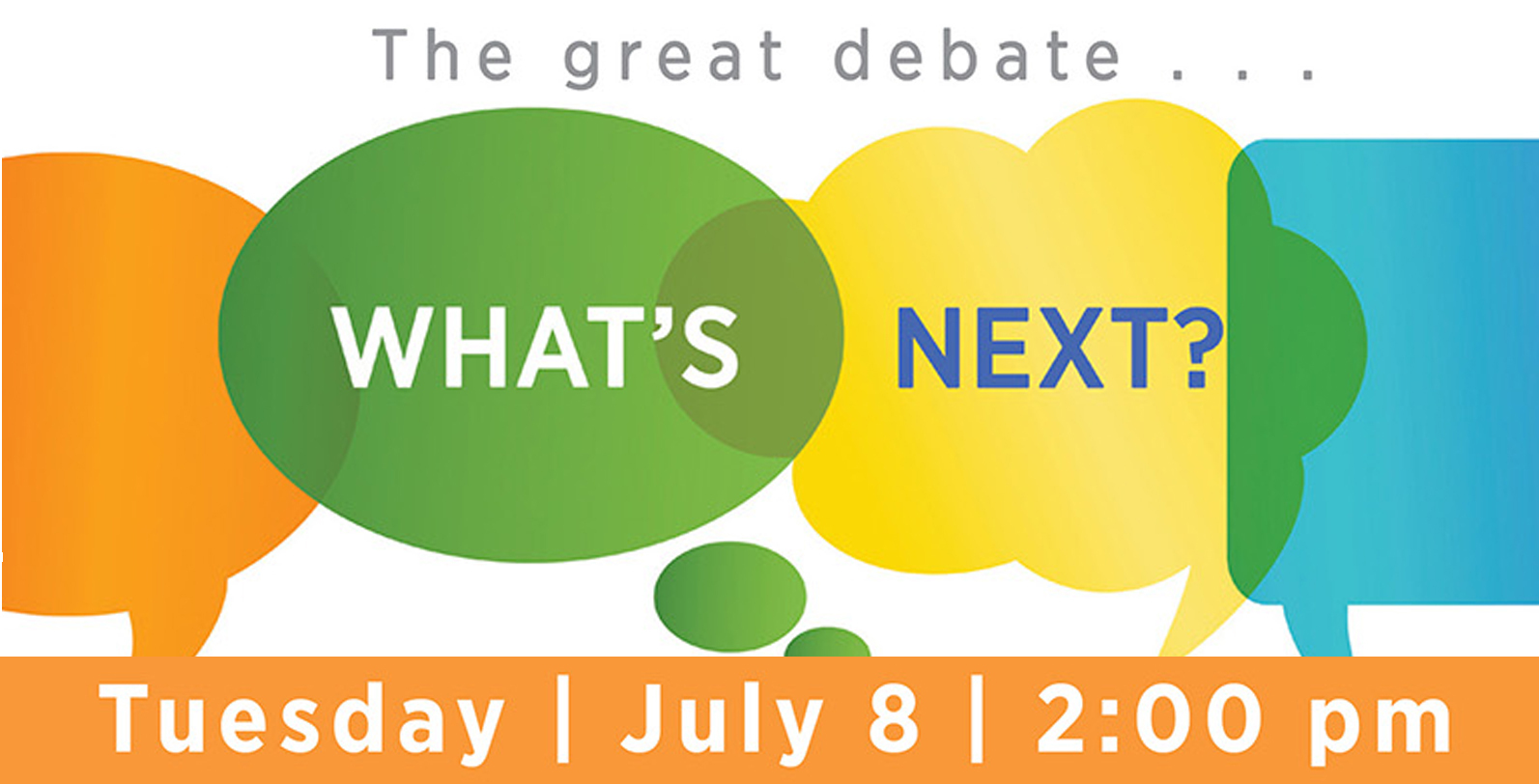
Food for thought: when is the last time you did something that truly challenged your brain? Perhaps the Sunday crossword puzzle, a game of chess, or learned a new skill, like how to speak a new language? In today’s world, it’s easy to get wrapped up in the minutiae of everyday life, sucked into the world of television and social media, and forget about the things that are mentally, physically, and emotionally stimulating.
Did you know that some of our body systems start to age as early as 30 years old? As part of the normal aging process, we tend to experience slower processing speed, increased difficulty with multi-tasking, occasional forgetfulness, and decreased memory of things that are newly learned. While some cognitive decline is normal, severe decline is not. Just like exercise and strength training can help stave off decline in muscle mass, there are things you can do to maintain a healthy brain and ward off cognitive decline. Your brain is like any other muscle, and it must be challenged regularly. A recent study through The Mather Institute showed that having a multi-faceted approach to cognitive training can have more of a positive impact than just the cognitive training itself. Participating in events that are cognitively stimulating has many benefits, but it’s even more effective when it’s partnered with stress management (emotional wellness), good sleep habits (Physical wellness), social engagement (social wellness), and brain health education (cognitive wellness).
Kirby Pines has many activities and events that can be cognitively stimulating, such as Game Play, Poetry Group, Bridge, Line Dancing and Book Baggers to name a few. In addition to these activities, consider adding elements of emotional, physical, social, and cognitive wellness, to truly provide the best “nutrient-rich soil” for a healthy mind to grow and thrive.
Here are some ways incorporate some of the other elements of wellness into your brain health approach:
Stress Management: Being able to manage stress in healthy ways helps to create balance in life. Learning skills to manage one’s stress can be found through peer counseling, participating in relaxing activities, such as Water Aerobics or Worship Service, or connecting with nature.

Healthy Sleep Habits: Remember the article a few months back about successful sleep? Sleep is restorative, and lack of sleep interferes with memory and learning. Your brain moves slower without sleep, and therefore you’re more forgetful and your attention declines.

Social Engagement: Being involved with others is strongly linked to better brain function, so stay connected! Participate in a group event, like Group Exercise, a Travelers outing, or any other social event offered by Kirby Pines, or just connect with a friend for lunch. Whatever you choose, staying socially engaged is good for your mental and emotional health.
Brain Health Education: Knowing ABOUT brain health is an important part OF brain health! Learning about the best foods to eat, the best things to do to stay cognitively intact, and what to look for in terms of decline are all important. There are many wonderful resources out there, like The National Institute on Aging, The Center for Disease Control, and even the Functional Pathways Therapy Team!
For more information on how Functional Pathway’s Therapy Team can help you with your cognitive goals, please contact us! Remember: When all dimensions of our life are balanced, we thrive!
Brittany Austin, National Director of Health and Wellness, Functional Pathways





 © 2025 Kirby Pines LifeCare Community. All Rights Reserved |
© 2025 Kirby Pines LifeCare Community. All Rights Reserved | 